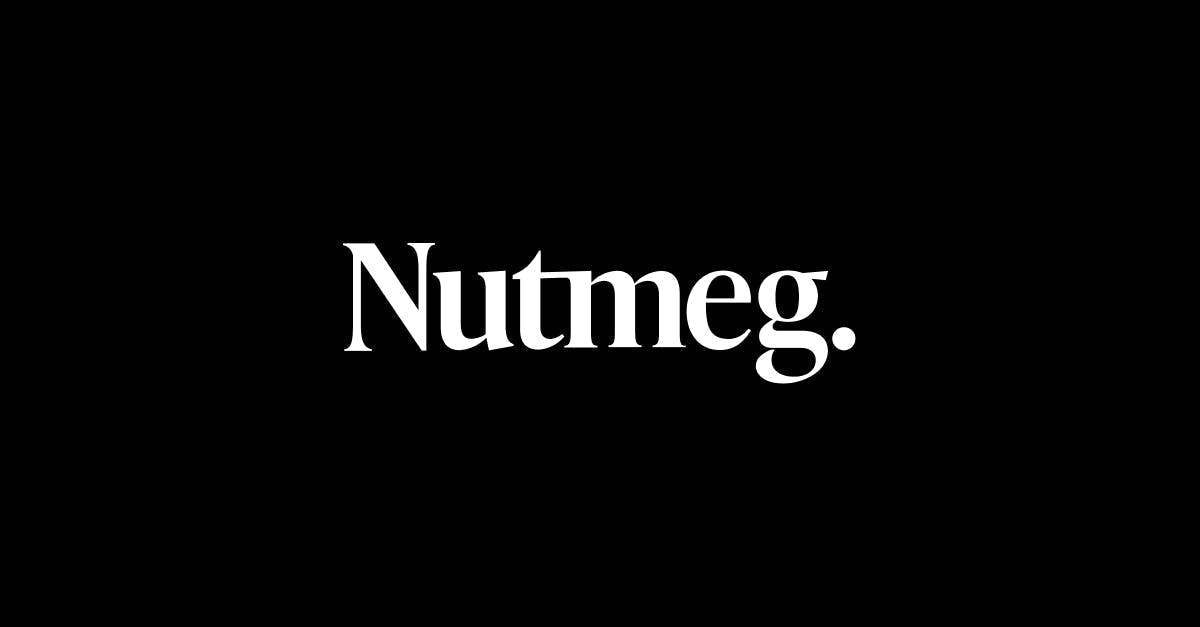It appears UK consumer price growth is on course to test 1970s levels despite the Bank of England’s best attempt to strike a negative tone with a 27-year-high interest rate hike and a recession forecast.
On Thursday, the Monetary Policy Committee (MPC) voted 8-1 in favour of a 50 basis point interest rate hike, the largest since 1995, taking the base rate to a 13-year peak of 1.75%.
BoE chair Andrew Bailey also warned the UK is facing a potential five-quarter-long recession beginning by the end of this year, with this likely to come as little surprise to many, with UK service sector output already at its lowest level in 17 months, according to data from S&P Global and Chartered Institute of Supply and Procurement.
Defending yesterday’s hike in the face of recession, Bailey said: “If we do not act, inflation will become more embedded, it will get worse and we will have to raise interest rates by more. We have to act if we are going to stop that.”
Despite this awareness of inflation, the BoE only has so much influence and warned inflation could hit 13% next year while the Resolution Foundation suggested UK inflation could hit a peak of 15%.
Annabelle Williams, personal finance expert at Nutmeg, warned the recent rates increase will take time to filter through into prices, with a lot of the current pressure coming from the supply rather than the demand side.
She added: “The wave of inflation that’s come over the UK since last autumn has partly been caused by international issues including supply chain and shipping problems in Asia.”
Echoing her thoughts, Nicholas Hyett, investment analyst at the Wealth Club, said UK monetary policy is now caught in forces outside of the BoE’s control.
“Inflation will rise or fall according to what happens in Ukraine not Threadneedle Street, and rate decisions are dictated by moves at other central banks as much as by the MPC,” he argued.
Paul Craig, portfolio manager at Quilter Cheviot, also made the point the BoE needs to avoid being reckless with recent changes such as dropping its mortgage affordability rules.
“With the economic picture looking incredibly challenging, and mortgage rates subsequently rising off the back of the BoE’s moves, the decision to drop those rules is looking more and more circumspect by the day,” Craig said. “There is a concern the lessons of 2008 are beginning to be forgotten.”
Overall, the BoE is in an unenviable position. Generation-high inflation, a recession and the current favourite to be the next prime minister, Liz Truss, is apparently planning to review the Bank’s mandate if she gains office.
Is crypto officially mainstream?
On Thursday, BlackRock partnered with crypto exchange Coinbase to offer institutional clients access to bitcoin, in perhaps the biggest signs of institutional adoption since the height of the pandemic.
BlackRock clients will be able to buy bitcoin on its Aladdin platform, with the world’s largest asset manager providing trading and custody services.
The news is also welcome relief for Coinbase, which has had a challenging year after laying off 18% of its workforce and facing regulatory issues. In the week since Cathie Wood sold her ETFs’ stake in the company, its shares doubled in value.
ESG stickiness on display
Many doubted the resilience of the pandemic’s flavours of the day – thematics and ESG – but the latter at least has proven it will not fall at the first hurdle after attracting inflows during a period of market hardship.
ESG ETF launches continued at pace in H1, with issuers focusing their energy on either rolling out mirror ESG ranges of their core product ranges or giving existing products a green overhaul.
More interesting, perhaps, is the new money going into ESG ETFs over the week to 3 August, with eight of the top 10 product inflows being into the sustainable category.
While some of this flow may just be institutional investors riding the current pro-growth momentum, ESG could be in favour for the long-haul following a new MiFID II obligation requiring discretionary fund managers (DFM) to ask clients about their preferences on sustainable investments.
ETF Wrap is a weekly digest of the top stories on ETF Stream
Related articles





